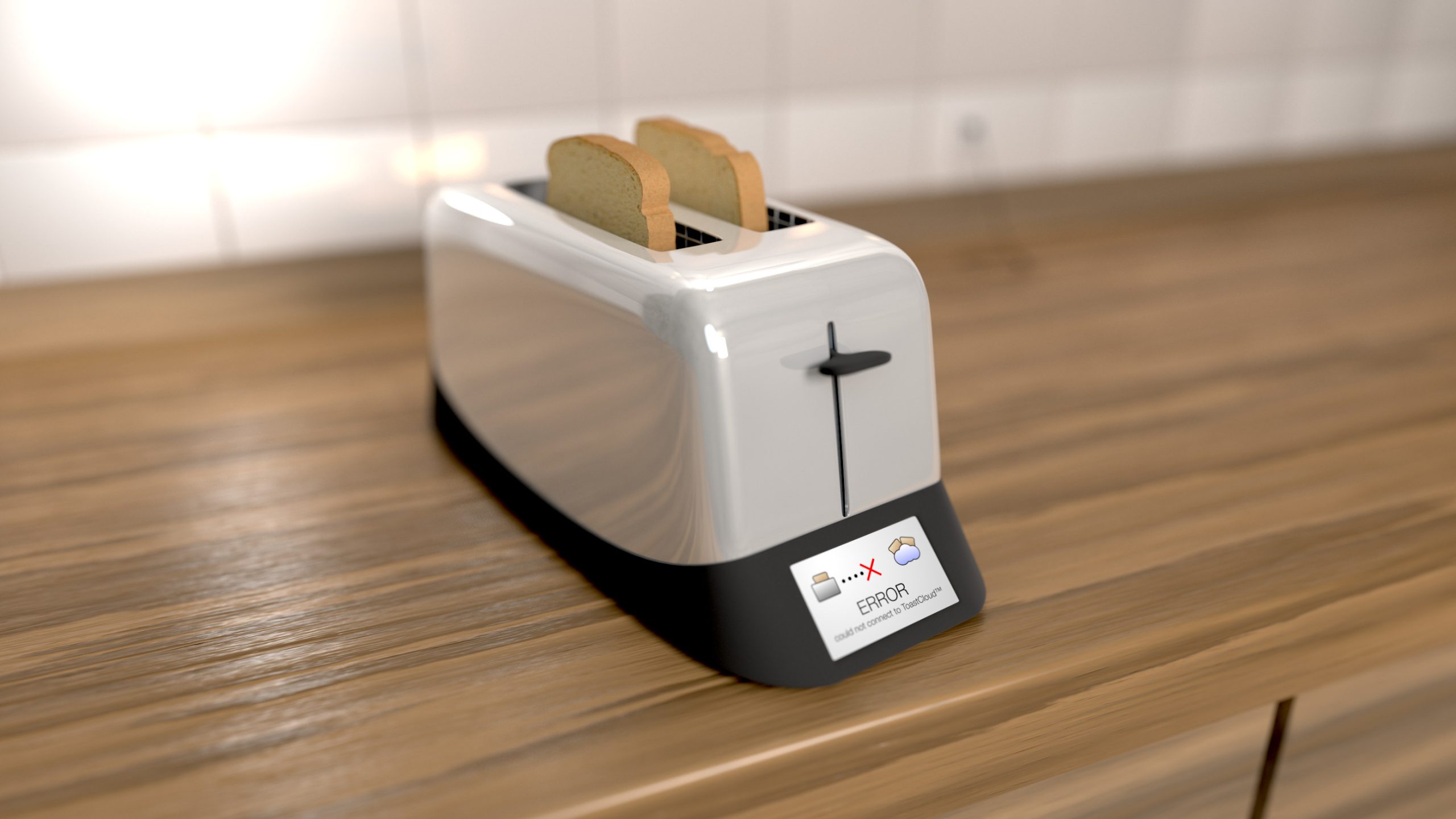Tag: consumer rights
-

The Self-Fulfilling Prophecy of Product Lifespans
If the only metric for how long products should be used is how long they’re commonly used, we won’t be able to make longer-lasting products.
-

Bait-And-Switch Loopholes
Bait-and-switch refers to the illegal practice of advertising a product or service, tempting customers to invest resources (time or money) based on the advertisement, and then changing the product once the customer has already invested, presumably to squeeze more money out of the transaction. The problem that many products that rely on software to function,…
-
Why do people sell their data for digital, but not physical products and services?
Thought experiment: What if you go to a bakery and buy a bread roll for $2.99 and the baker says “you can have it for free if you give me all your family photos and the rights to analyze them using robots and sell your data.”
-
The “Licensing” Loophole
A lot of products you buy come with a “software licensing agreement,” typically stating something like… “The software that is part of this product is licensed to you, not sold.” and further, something along the lines of… “We reserve the right to modify this licensing agreement at any time with or without notice.” What’s the…
-

To get away with planned obsolescence, just call it DRM
The idea that customers just “license” software products instead of owning them has manifested and I see a daunting development in the consumer electronics world that could potentially lead to products becoming obsolete because the associated software is deemed obsolete by the manufacturer.
-

obsolescence by software
As the software running the internet of things gets more and more complex, it won’t even require hardware failure to render our future cars, refrigerators or toasters obsolete.